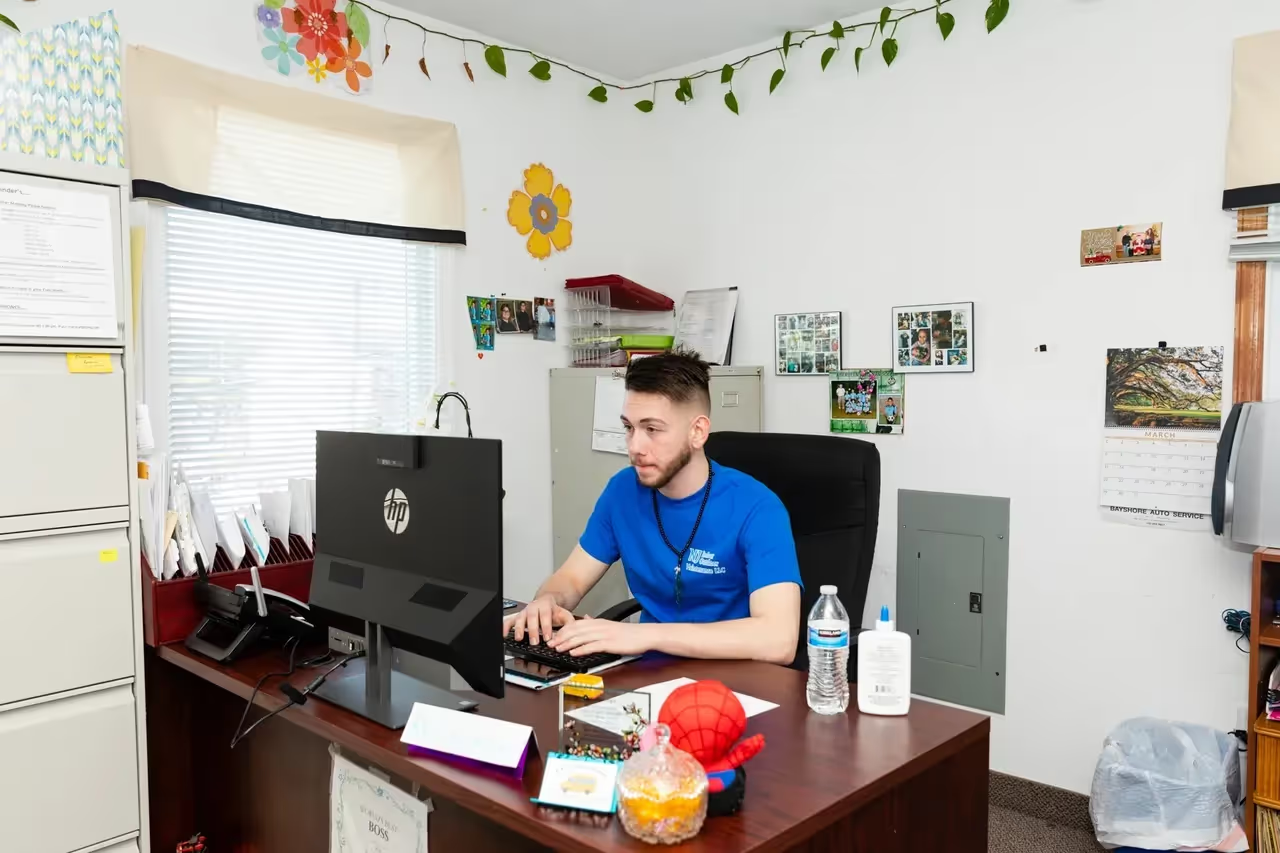
In a world where waste continues to grow every day, sustainable waste management has become more important than ever. It’s not just about throwing things away — it’s about rethinking how we produce, use, and dispose of materials to reduce our impact on the environment.
Whether you’re a homeowner, business owner, or contractor, adopting eco-conscious waste management habits can lead to cleaner communities and a healthier planet.
“Sustainability isn’t a trend — it’s a responsibility we all share.”
Let’s explore some practical ways to manage waste responsibly and make sustainability part of your everyday routine.
The most effective way to manage waste sustainably is to produce less of it in the first place. Small changes in purchasing and consumption habits can make a big difference:
By thinking before you buy, you help minimize waste before it even starts.
Before tossing something out, consider how it might serve a new purpose. Repurposing gives materials a second life and reduces the need for new resources.
Old jars can become storage containers, wooden pallets can turn into garden furniture, and old clothes can be repurposed into cleaning rags. Get creative — reusing materials not only saves money but also reduces landfill waste.
“Waste is only waste if you fail to find another use for it.”
Recycling is one of the most recognizable sustainable practices, but it’s only effective when done properly. Sorting materials correctly ensures they can actually be processed and reused.
Here are a few quick tips:
Partnering with a reliable recycling service or local facility ensures that materials are handled correctly and efficiently.
Food scraps, yard trimmings, and other organic materials make up a large portion of household waste. Instead of sending them to landfills, start composting.
Composting turns organic matter into nutrient-rich soil that can be used for gardening or landscaping. It’s a simple, natural process that helps reduce methane emissions while giving back to the earth.
Working with waste management or junk removal companies that prioritize sustainability is another great way to make an impact. Many professional services now emphasize eco-friendly disposal, recycling, and donation programs.
These partnerships ensure your waste is handled responsibly — saving you time while helping protect the environment.
Sustainable waste management is more than a cleanup effort — it’s a mindset shift toward smarter, greener living. By reducing, reusing, recycling, composting, and partnering with responsible services, we can all play a role in creating a cleaner, more sustainable future.
Remember, every small effort counts.
“Sustainability begins at home — and grows with every conscious choice we make.”
.webp)
.webp)
